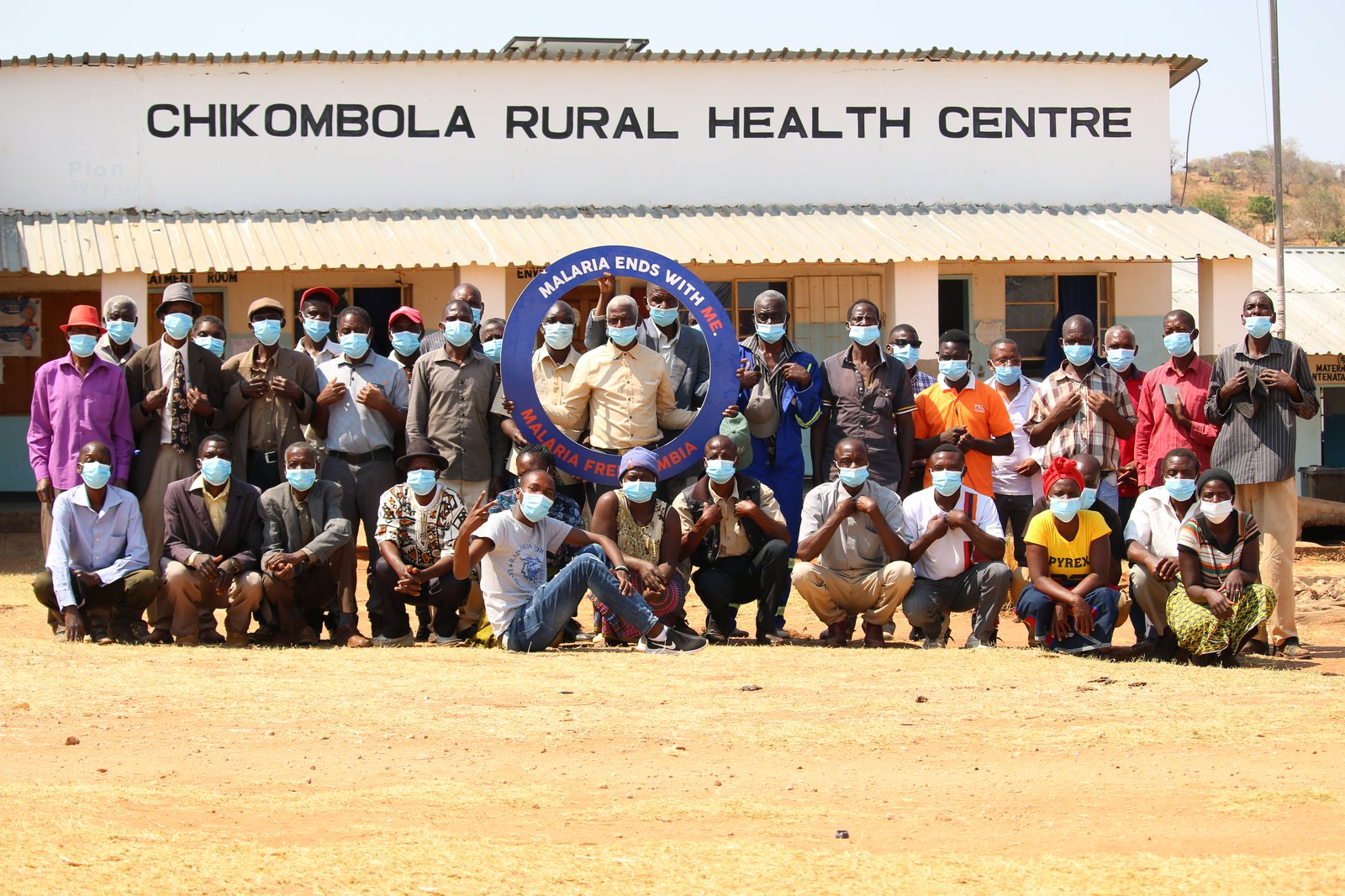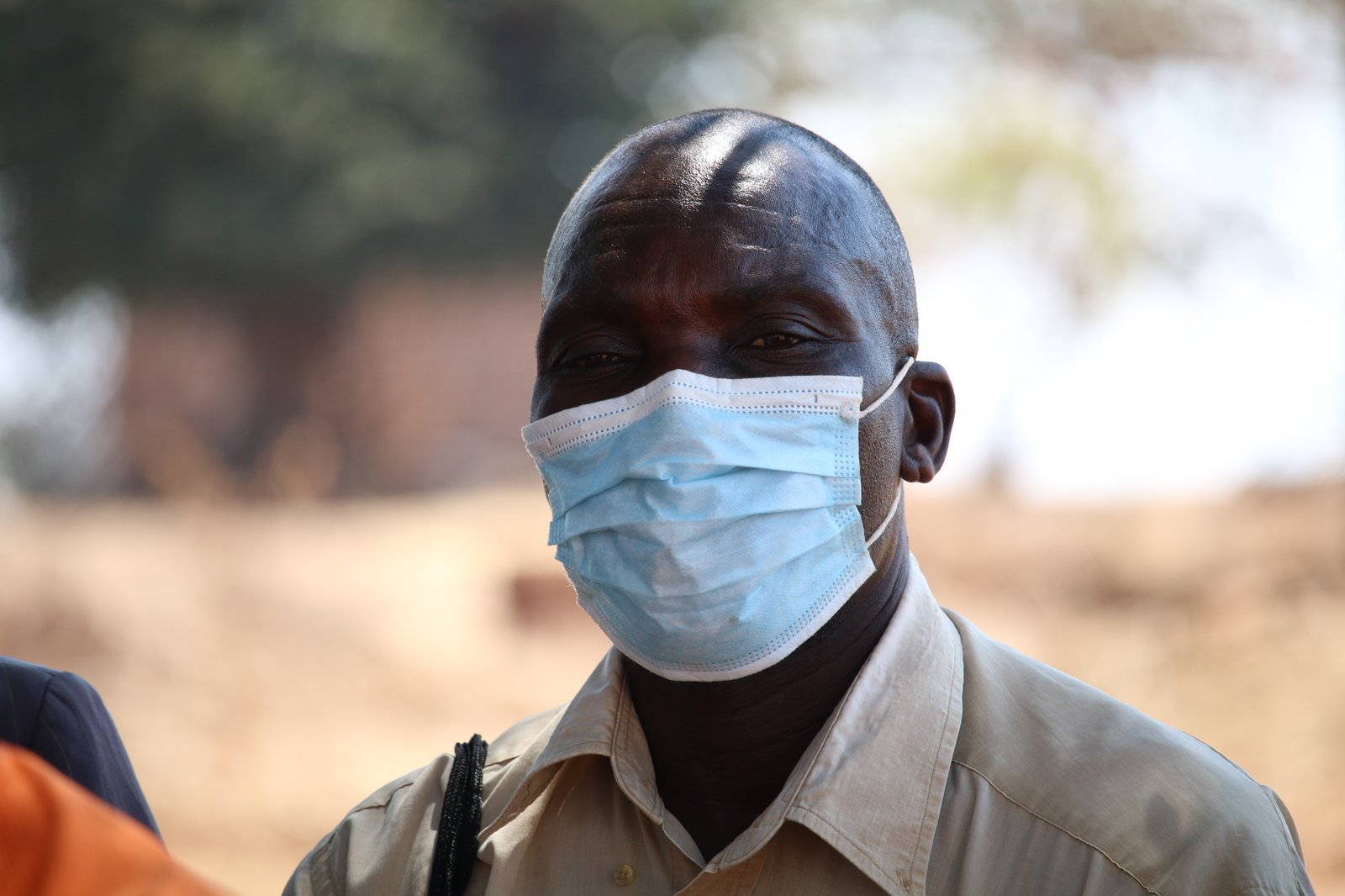The government of Zambia is working hard to achieve its ambitious goal to end local transmission of malaria. The country has already proven that elimination is possible. In the Southern Province, where PATH has worked for years, some communities are recording zero local cases of malaria.
To accelerate Zambia’s journey to elimination, PATH’s Malaria Control and Elimination Partnership in Africa (MACEPA) supported the Ministry of Health, through the National Malaria Elimination Programme, to launch Malaria Case Investigation (MCI) last year.
Going further for malaria elimination
MCI builds on a central plank of the country’s national strategy: training community health workers (CHWs) to test, treat, and track malaria in their home communities.
CHWs follow up on a positive malaria case by going to the patient’s home to test and treat other household members and those in neighboring homes. This approach has been proven to interrupt local infection and thus reduce severe disease and deaths from malaria.
But to clear malaria from entire communities, more is required. Enter Malaria Case Investigation.
With MCI, a confirmed malaria case triggers a prompt and comprehensive response that includes collecting dried blood spots for laboratory investigation, indoor spraying in households and ensuring the community has access to treated bed nets, and finally, mapping potential breeding sites for treating with larvicide and entomological surveillance.
Throughout the process, health workers share information about how to treat and prevent malaria during household visits, at village meetings, and in health facility talks.
Building on a history of success
Malaria Case Investigation in Zambia is modeled on its success in Asia. In China, a 1-3-7 case investigation approach—referring to the days when each stage of the process is to be completed—was integral to achieving malaria elimination.
Here’s how it works: A new case of malaria is reported within one (1) day. The case is confirmed and investigated within three (3) days. Finally, an appropriate intervention response is applied within seven (7) days.
Because MCI is designed for areas with very low transmission, Zambia’s national malaria program selected Chikankata (16 catchments) and Mazabuka (43 catchments) Districts in Southern Province.
PATH and the Ministry of Health introduced MCI in these two districts in September 2021, beginning with training health facility staff and CHWs on the intervention and how to strengthen their skills in the field.
Mr. Chris Lungu, PATH’s senior Monitoring and Evaluation manager with MACEPA, is pleased with the MCI program and eager to expand the intervention to other districts.
“We would like more areas in Zambia to have zero local malaria transmission, as outlined in our national strategic plan,” said Mr. Lungu. “Through tracking all cases, we can achieve this goal and declare these areas malaria free.”
Chikankata District Malaria Focal Point Mr. Litia Mbanga has high hopes for MCI. He knows that community collaboration is critical to the program’s success.
For this reason, Mr. Mbanga’s office is working with a range of stakeholders, including faith and traditional leaders and neighborhood health committees.
“We will intensify engagement with the community members,” Mr. Mbanga said. “It is cardinal that the community understands the importance of using treated mosquito nets and why health workers are collecting dried blood samples.”

Community leaders and members, neighborhood health committee members, health facility staff, and community health workers from Chikombola Rural Health Centre pose for a photo after a community engagement meeting. Photo: PATH/Emma Lwando.
The response from community leaders has been positive. During a village meeting at Chikombola Rural Health Centre, Kasambo Senior Headman Mr. Ready Mwiinga recognized his role in the community.
“It is our job as headmen to disseminate information about MCI because this program will help us to eliminate malaria in Zambia. People do listen to us when we speak because we are the leaders in our communities,” Mr. Mwiinga explained.
To date, 260 community health workers over two districts have been oriented on MCI tools and procedures to mount an effective investigation triggered by a confirmed case of malaria.
Nearly 900 cases have been identified since MCI began in late 2021, with a majority of those infections in people who had traveled from outside of the province, according to the MCI case tracker.

Kasambo Village Senior Headman, Mr. Ready Mwiinga, at Chikombola Rural Health Centre during an MCI village meeting. Photo: PATH/Chilowekwa Shike.
Zambia is one of a handful of African countries to adopt a comprehensive case follow-up program like Malaria Case Investigation. Zambia’s new national malaria strategic plan, the document that charts the country’s malaria priorities for the next five years, identifies MCI as a key intervention.
There are already plans underway to expand MCI to two more low-transmission districts in Southern Province.



